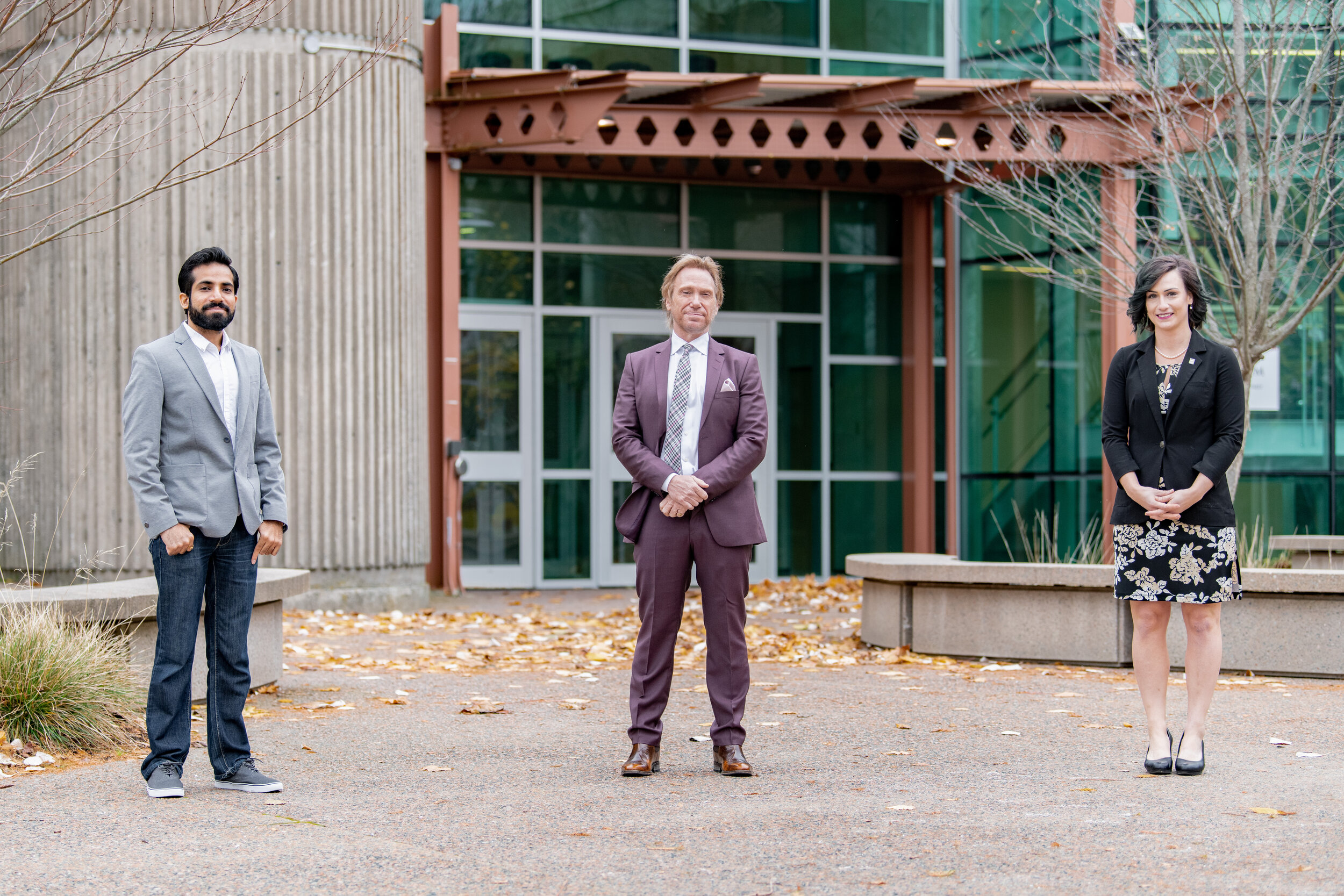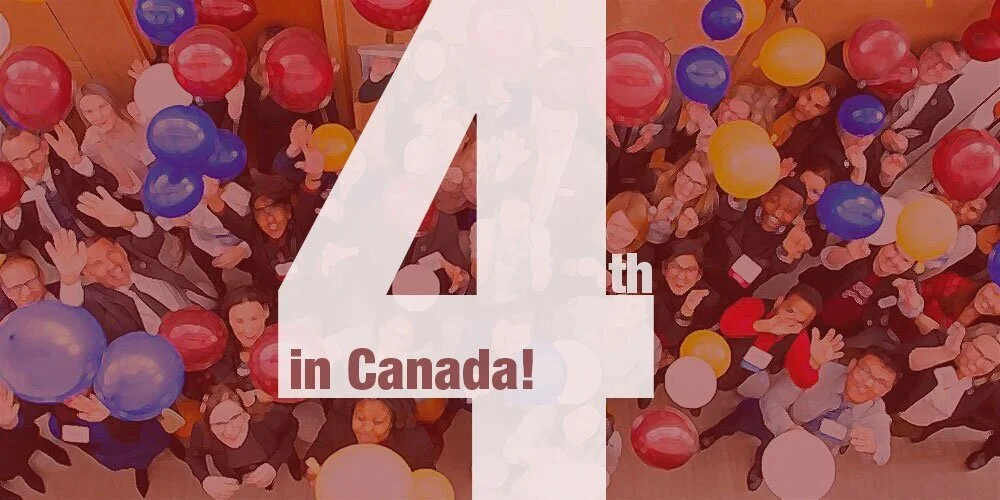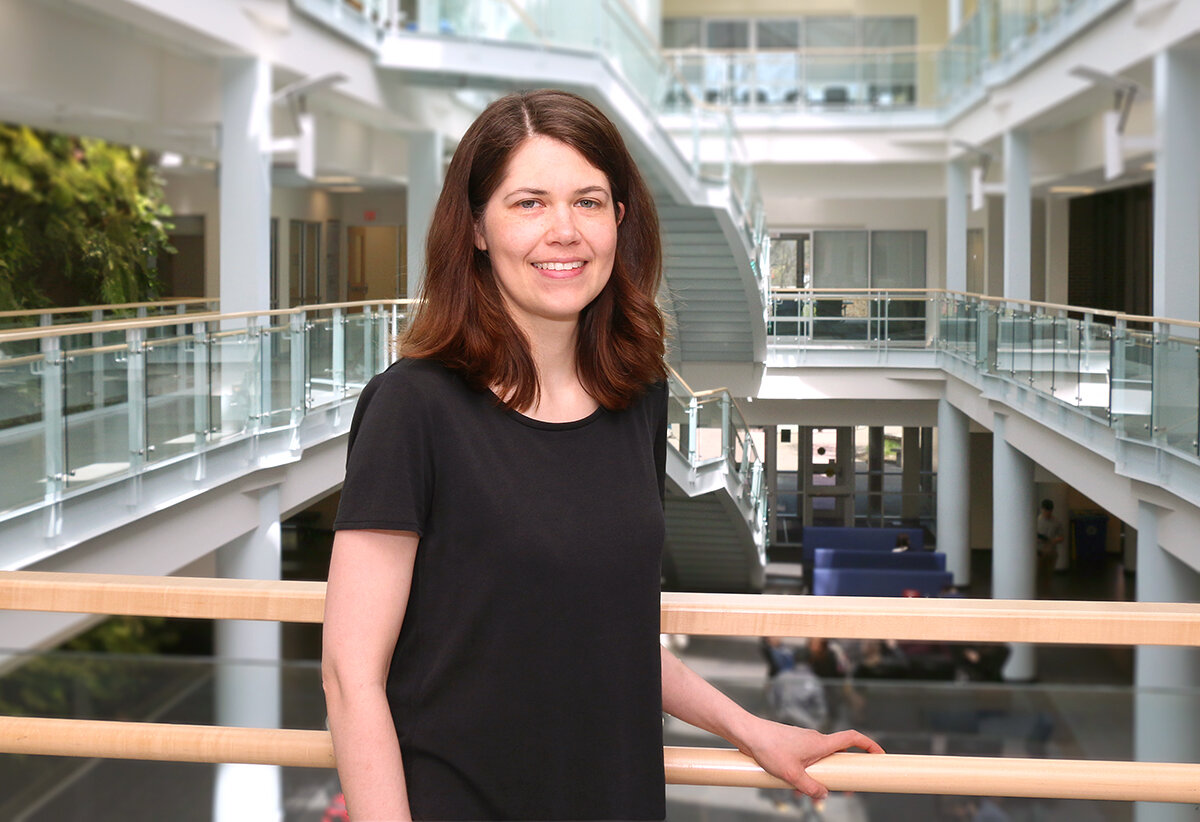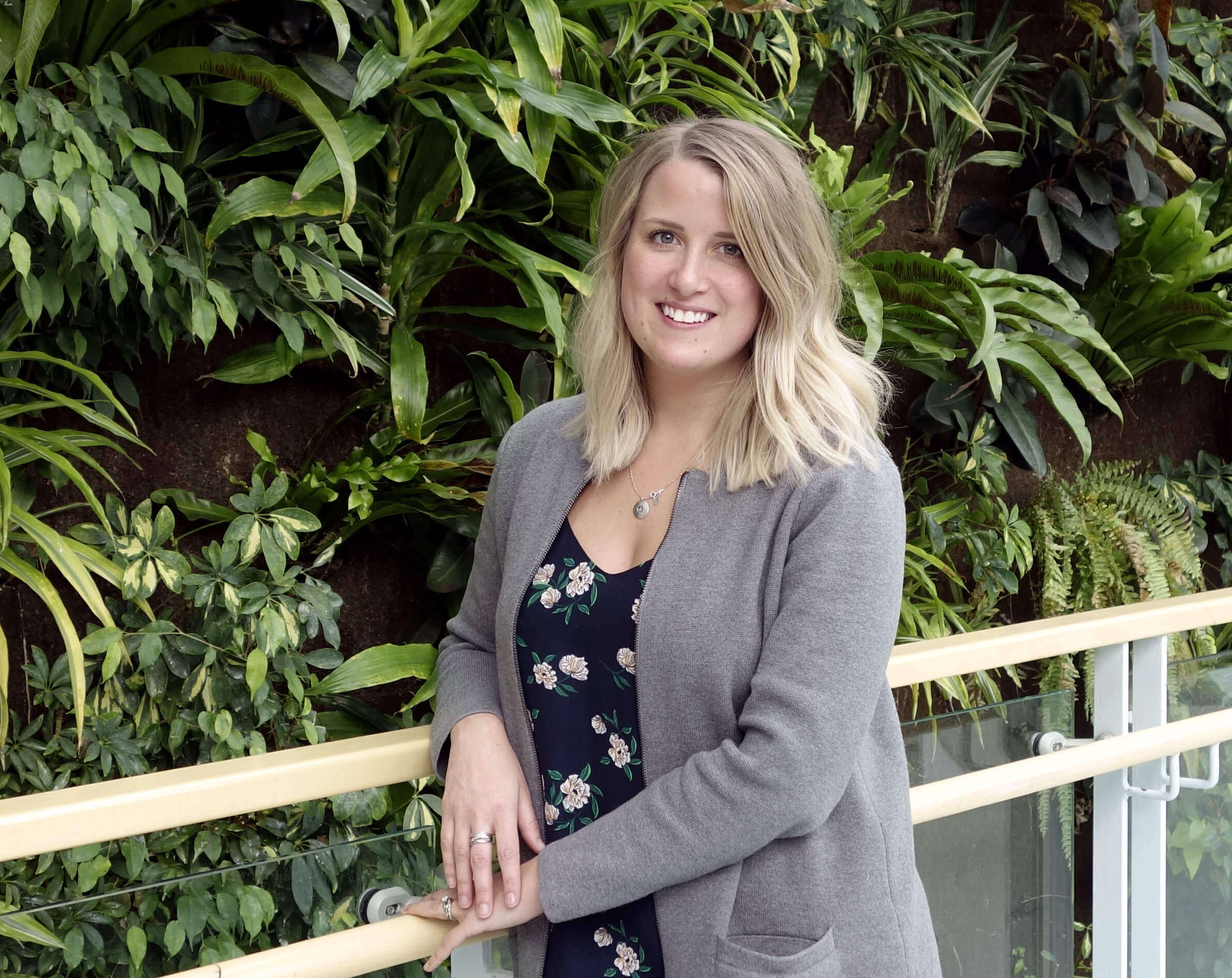The excellence of three Canadian retailers was recognized at the 4th annual National Retail Innovation Awards, presented by the David Sobey Centre for Innovation in Retailing and Services, located at Saint Mary’s University in Halifax.
"This is our 4th Annual National Retail Awards, and it is a great pleasure to recognize three outstanding, up-and-coming Canadian retailers for their innovation this year,” says Dr. Ramesh Venkat, director of the David Sobey Centre for Innovation in Retailing and Services. “The big lessons for retailers from the past six months are the need for nimbleness, innovation customer focus, and social consciousness. Our award winners exemplify these virtues."
This year’s winners are:
DUER, winner of the Retail Business Model Innovation Award
Knix, winner of the Retail Technology Innovation Award
Vessi Footwear, winner of the Community Service Innovation Award
Retail Business Model Innovation Award winner DUER was founded in 2013 and is based in Vancouver. They feature modern jeans and pants that meet the needs of the active with performance, comfort, and style. They create and market a prototype of a product: new washes, new colours, or a completely new style. Customers place orders, and then if enough of the design is purchased, DUER puts it into production and delivers the garment in four to six weeks. Their products are sold online and at three DUER store locations.
Retail Technology Innovation Award winner Knix was founded in 2013 and is based in Toronto. Knix makes wireless bras, sports bras, period-proof underwear, loungewear and more. Their clothes are designed with comfort in mind. In response to the pandemic, Knix switched its annual warehouse sale to an online format. Sale volumes rose and turned a three-day event into an event that sold out in only four hours. They also launched a virtual fitting program that allows customers to do a video chat, during which a Knix consultant can help customers find products and assist them with determining the right size.
Community Service Innovation Award winner Vessie Footwear is based in Vancouver and was founded in 2017. They sell the world's first 100 percent waterproof knit shoe. This online retailer has given away 2,000 free sneakers to health-care workers, launched a 'pay what you can' model to donate 400,000 face masks, and created a Community Fund Program to give away $100,000 for initiatives launched in the community. It also started Vessi TV, giving the community ways to stay healthy and cope with the coronavirus crisis.
“As the largest private-sector employer in the country, retailers in Canada hold a critical role in our economy,” noted Diane J. Brisebois, President & CEO of Retail Council of Canada (RCC) and a member of the David Sobey Advisory Council. “This year has been particularly challenging for retailers. To succeed in the post-pandemic retail world, Canadian retailers must adjust to new realities and new patterns of consumer behaviour. To grow and prosper in this new environment, our retailers must continue to innovate in technology, customer experience, store design, supply chain, and much more. We applaud this year’s winners as they embody innovative thinking and customer care – Congratulations to Knix, DUER and Vessi Footwear."
The National Retail Innovation Awards celebrates Canadian retailers' achievements and retailers who have demonstrated innovation and excellence in the industry. The awards are hosted by the David Sobey Centre for Innovation in Retailing and Services, part of Saint Mary's University's Sobey School of Business. The awards close a very successful Retail Month that featured panels and discussion on e-commerce and the future of retailing, women in retail, and sustainable retailing.
Founded in 2014, the David Sobey Centre for Innovation in Retailing and Services funds research projects relevant to the retail sector, sponsors retail innovation and student competitions, and offers executive education for the retail industry.















